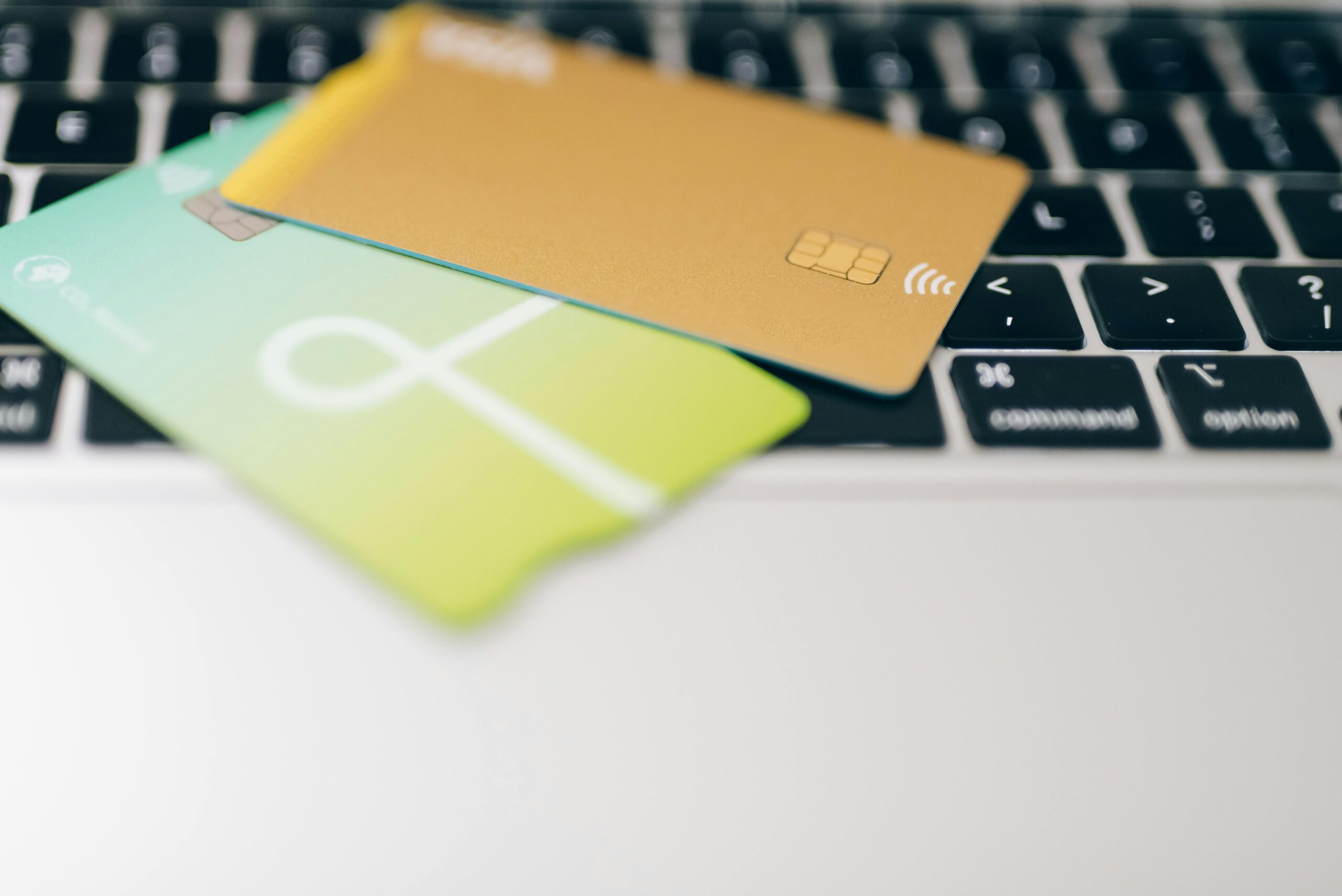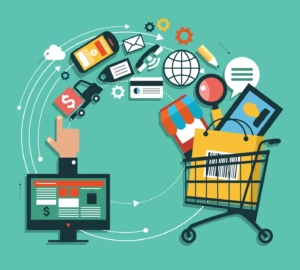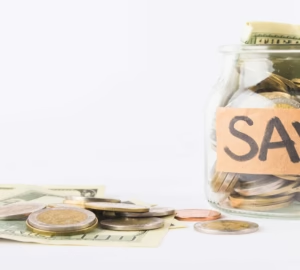As online shopping continues to grow in popularity across Kenya, so does the concern about the security of our personal and financial data. When you input your M-Pesa details, credit card numbers, or even your home address into an online platform, you’re entrusting that information to the retailer. At Retail Place, we believe understanding e-commerce security is vital for every Kenyan shopper to protect their data and enjoy a safe online experience.
What is E-commerce Security?
E-commerce security refers to the measures and protocols put in place by online retailers and payment gateways to protect sensitive information during online transactions. It’s designed to prevent unauthorized access, misuse, disclosure, disruption, modification, or destruction of your data. Think of it as the digital locks, guards, and alarm systems safeguarding your information.
Key Aspects of E-commerce Security for Kenyan Consumers:
1. Data Encryption (HTTPS & SSL Certificates)
- What it is: This is the foundational layer of online security. When you see “https://” at the beginning of a website’s address and a padlock icon in your browser’s bar, it means the website uses an SSL (Secure Sockets Layer) certificate. This technology encrypts the data exchanged between your browser and the website’s server.
- Why it matters for you: Encryption scrambles your data (like your payment details or address) so that even if a malicious third party intercepts it, they can’t read or understand it. It’s like sending a secret message in a code only you and the recipient know.
- Tip: Always confirm the padlock icon and “https://” before entering any sensitive information. Avoid sites that only use “http://”.
2. Secure Payment Gateways (M-Pesa, Card Processors)
- What it is: When you pay online, your transaction is usually processed by a specialized secure payment gateway (e.g., platforms integrated with M-Pesa, Visa, Mastercard). These gateways are designed to handle financial data securely, adhering to strict industry standards like PCI DSS (Payment Card Industry Data Security Standard).
- Why it matters for you: Your payment details aren’t directly stored or fully exposed to the online store itself. Instead, they are securely transmitted through the gateway to your bank or M-Pesa for authorization. This adds an extra layer of protection.
- Tip: Be wary of sites that ask for your full credit card number or M-Pesa PIN directly on their checkout page, rather than redirecting you to a secure payment portal or showing the standard M-Pesa pop-up for confirmation.
3. Data Protection Laws (Kenya’s Data Protection Act, 2019)
- What it is: Kenya has its own Data Protection Act, 2019, which came into effect to safeguard your personal information. This law dictates how businesses (including e-commerce sites) must collect, store, use, and share your data. It gives you rights over your data, including the right to know what data is collected, how it’s used, and even to request its deletion.
- Why it matters for you: This law holds e-commerce businesses accountable. It means they have a legal obligation to protect your data, get your consent for its use, and be transparent about their practices.
- Tip: Look for a clear and easily accessible Privacy Policy on the website. This document should outline how your data is collected, used, stored, and protected, and if it’s shared with third parties.
4. User Account Security (Strong Passwords & 2FA)
- What it is: Your role in e-commerce security begins with how you protect your own account. E-commerce sites implement features like password requirements and Two-Factor Authentication (2FA).
- Why it matters for you: Even if a website is highly secure, a weak or reused password on your part can compromise your account. 2FA (where you verify login with a code sent to your phone, for example) adds a crucial second layer of defense.
- Tip: Always use strong, unique passwords for each online shopping account. Enable 2FA whenever it’s offered – it’s a simple step that significantly boosts your security.
5. Protection Against Phishing & Malware
- What it is: E-commerce security also involves protecting against external threats like phishing scams (fake emails/websites trying to steal your info) and malware (malicious software).
- Why it matters for you: A legitimate e-commerce site can have excellent security, but if you fall victim to a phishing email that tricks you into entering your details on a fake site, your data is compromised.
- Tip: Be suspicious of unsolicited emails or messages asking for personal details or directing you to click on links. Always type the website address directly into your browser. Keep your devices updated with the latest security software.
By being aware of these aspects of e-commerce security and practicing safe online habits, Kenyan shoppers can confidently embrace the digital marketplace, knowing their valuable data is well-protected. At Retail Place, your secure shopping journey is our priority.









